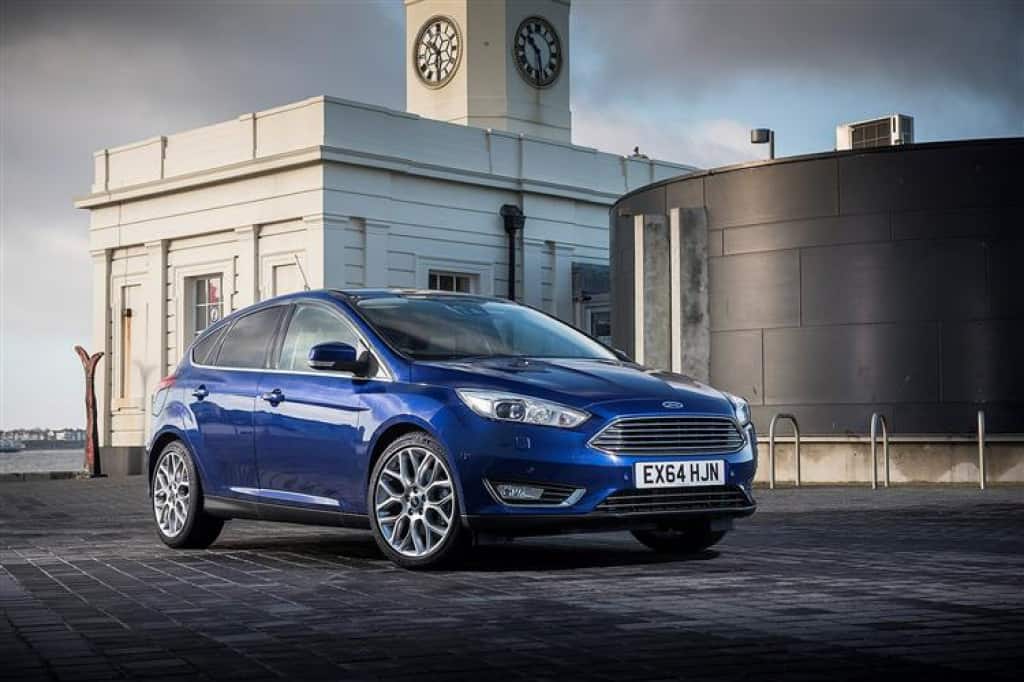Car Finance on Minimum Wage: What You Really Need to Know
Driving away in your own car can seem like a distant dream if you’re earning minimum wage. Between rising living costs, tight budgets, and the pressure of finance repayments, many feel it’s simply out of reach. But as a financial expert, I can tell you: it’s not impossible. With clarity, planning, and the right car finance type (like HP or PCP), it can be done without wrecking your credit or cashflow.
Minimum Wage & Income Realities

First, let’s look at the facts. As of April 2025, the UK’s National Living Wage (for workers aged 21 and over) is £12.21 per hour. That equates to about £1,859 gross per month if you work full time (37-40 hours), and somewhat less take-home after tax, National Insurance, and deductions.
But wages aren’t rising in a vacuum. In recent months wage growth has been slowing, with regular pay (excluding bonuses) rising by 4.8% year-on-year as of July 2025. Inflation, fuel costs, insurance, maintenance, all these eat into that income.
That makes car finance difficult, but not impossible, especially when you understand interest rates and finance types, and how they affect what you actually pay each month.
What Are Real Interest Rates for Car Finance?

Interest rates (or APRs) can swing wildly depending on credit score, finance type, whether the car is new or used, and how much deposit you can put down.
- For those with good credit, average APRs for car loans in the UK tend to sit around 7-9% for new cars, rising to 9-14% for used vehicles.
- Experian reports that borrowers in the “poor credit” band will often be offered car finance at rates significantly above what prime borrowers pay.
If you’re earning minimum wage, you’re more vulnerable to getting offers toward the “higher APR” end, especially if your credit history is limited or contains negative marks.
Types of Car Finance & What Suits Minimum Wage Earners

Different financing structures work better depending on income stability, deposit capability, and how much total cost (not just monthly payment) matters to you.
Hire Purchase (HP): You agree to pay for the car in instalments, plus interest, own it at the end. This offers clear ownership but can mean higher monthly payments and total interest paid. For those on tight budgets, finding a lower APR HP deal makes a big difference.
Personal Contract Purchase (PCP): Lower monthly payments but at the end there’s a “balloon payment” or the option to return the car, buy it, or start a new finance deal. If you want lower monthly outgoings initially, PCP might appeal, but you must understand the large final cost.
Zero/Low Deposit Finance: If you can’t afford a sizeable down payment, zero-deposit offers exist, though the interest or monthly payments will often be higher to compensate.
Bad Credit Car Finance: Even with poor or limited credit, there are options. Lenders in this market often charge more, but by showing stable employment, a consistent track record, and maybe a guarantor, you may secure more favourable terms.
What You Can Do To Get a Better Deal
Even on minimum wage, there are strategies that affect what finance you’ll be offered:
- Build or maintain strong credit: Even small things like being on the electoral roll, paying existing bills on time, avoiding defaults or CCJs helps. Experian and other credit reference agencies weigh this heavily.
- Save for a deposit: If you can put down even 10-20% of the car’s value, monthly payments drop, interest charges fall, and you may qualify for better APRs.
- Choose your vehicle carefully: A used, reliable car with low depreciation, good fuel efficiency and lower insurance premiums will cost you much less overall.
- Shop around: Don’t take the first finance offer. Use comparison sites, finance calculators, look at lenders specialising in bad credit or fair credit.
Consider shorter loan terms: If monthly affordability allows, shorter finance terms usually mean less total interest although higher monthly payments.
Pitfalls to Be Aware Of
When earning minimum wage, risks are magnified, so be alert to:
- Balloon payments or final large payments in PCP deals that you may struggle to pay or refinance.
- Poor credit charges: If you miss payments, the interest rate or penalties can skyrocket, or you could default.
- Hidden fees: Some finance agreements include setup fees, admin fees, early repayment charges. Always check representative APR (which includes fees) rather than just the interest rate.
Total cost vs monthly cost: A low monthly payment over a long term might seem attractive, but can mean paying far more interest over the life of the finance.
Conclusion
Car finance on minimum wage is challenging, but far from impossible. You won’t get the most generous APRs, and what you can afford monthly will be tight. But by understanding actual rates in the UK (e.g. 7-14% APR for many used car deals, worse for bad credit), by choosing the right car finance type (HP, PCP), by budgeting rigorously (keeping payments under ~10-15% of your net income), and by improving your credit or saving a deposit, you can make ownership realistic.






